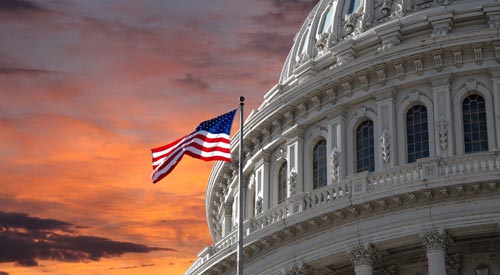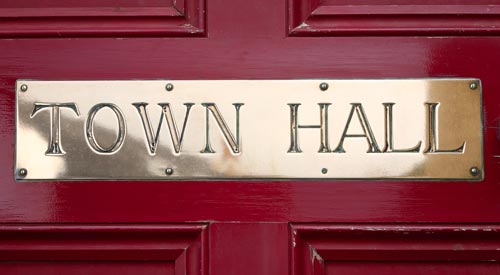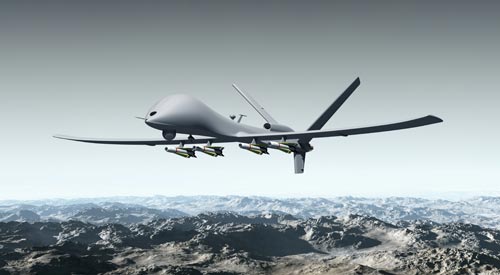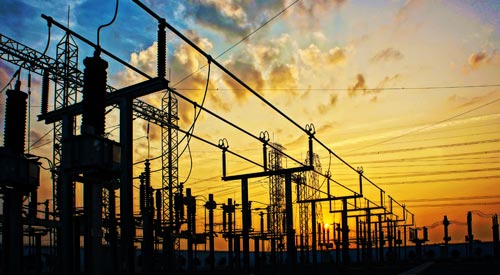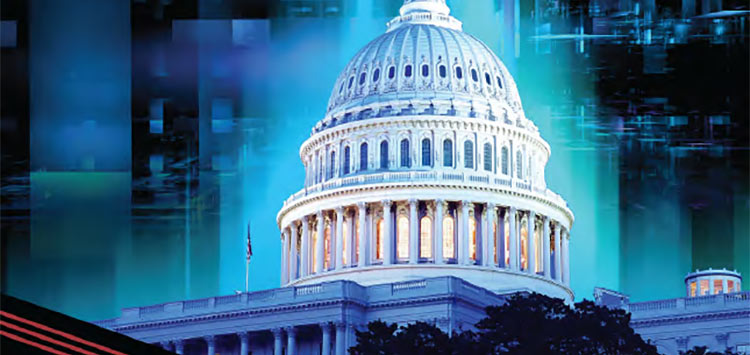Lines of communication still open at DMZ separating North and South Korea
Military Times: SEOUL, South Korea – Along the demilitarized zone that separates North and South Korea, little has changed between the soldiers manning both sides of the iconic border, even if the international rhetoric around them has changed substantially.
“We still pass messages,” said one U.S. Forces-Korea official who spoke on the condition of not being identified, referring to the way that North and South Korea have kept a line of communication open, not only in this most recent time of tension, but also in previous decades.
It’s one of the odd qualities of the highly symbolic DMZ, which has elements in place to try and maintain the peace between North Korea and South Korea, even as both sides seem to edge toward conflict. While the Joint Security Area at the DMZ and its famous blue meeting houses doubles as a stopping point for educational tours and can be a place for family reunification, it’s also a sensitive military checkpoint, one that President Donald Trump has said he will not visit during his stop in Seoul on Tuesday.
Tags
Share
Top Stories
- When May a Robot Kill? New Pentagon Policy Tries to Clarify
- Defense Logistics Agency to Shift Warehouse Management to Commercial Software
- Homelessness Among Veterans Has Been Cut in Half since 2010, VA Says
- Defense Industry Decries Possible GOP-led Spending Cuts
- Let’s Make It Easier to Share Top-Secret Data With Allies, Intel Leader Says
- Gillibrand Ditches Military-Services Style Cyber Academy Idea for DOD Scholarship Program in NDAA
- It’s Finally Here: Pentagon Releases Plan To Keep Hackers Out Of Its Networks
- DISA’s Plea to Industry: Bring Us Battlefield-Ready Tech
- How Elon Musk’s Twitter Buy Raises Cybersecurity Risks For The Rest Of Us
- Why Defense Budgets Will Stay High After the Ukraine War
- Contractors’ Reluctance to Work With the Pentagon on Cybersecurity Is Leaving Vulnerabilities, DOD Official Says
- Defense Department Health Plan Cuts Its Pharmacy Network by Nearly 15,000 Outlets
- DISA’s Sweeping New Plan Takes Aim at Data Silos, Mistagged Info
- Inside the US Army’s ‘warfighting’ cloud
- Army Updates Cyber Training After Some Graduates Weren’t Ready for Their Jobs
- The US Weighs Escalation Risk As Ukraine Asks for Longer-range Missiles
i360Gov Newsletters
The most significant government policy, business, and technology news and analysis delivered to your inbox.
Subscribe NowTrending
- DISA’s Plea to Industry: Bring Us Battlefield-Ready Tech
- VA Systems are Vulnerable to Cyber Intrusions Due to Lack of Effective Oversight, Report Says
- Here's What Can Happen When the Average Clearance Holder Mishandles Classified Information
- How Elon Musk’s Twitter Buy Raises Cybersecurity Risks For The Rest Of Us
- TSA Collaborates with European Security, Manufacturers To Upgrade Security Tech
- Defense Department Health Plan Cuts Its Pharmacy Network by Nearly 15,000 Outlets
- It’s Finally Here: Pentagon Releases Plan To Keep Hackers Out Of Its Networks
- Contractors’ Reluctance to Work With the Pentagon on Cybersecurity Is Leaving Vulnerabilities, DOD Official Says


